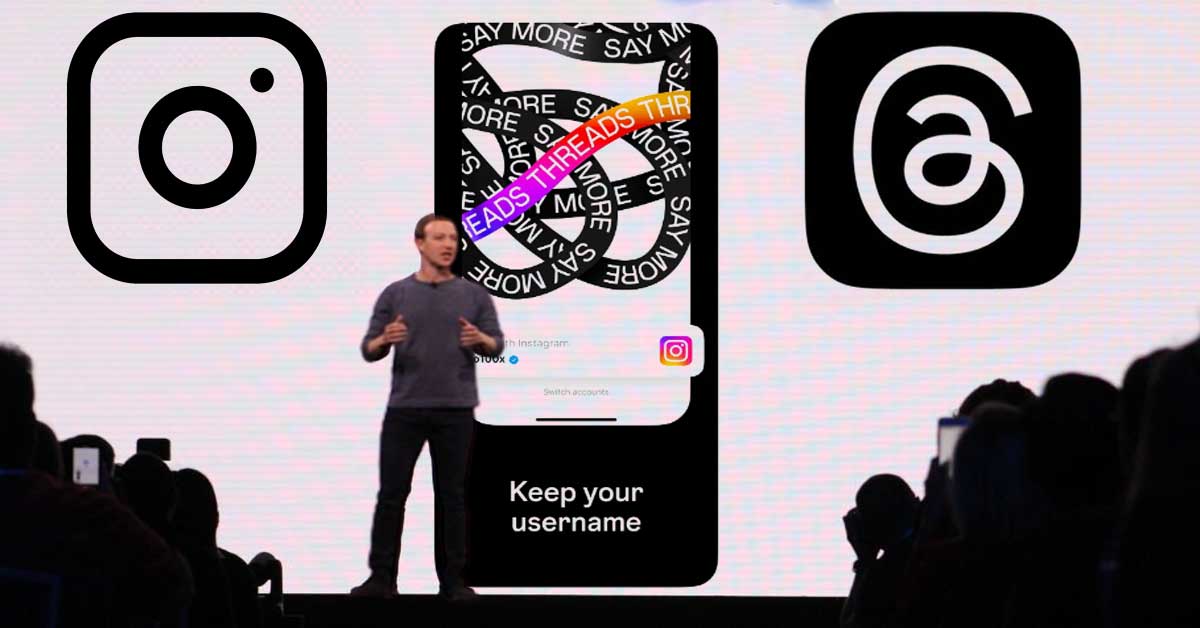The European Union's Court of Justice recently ruled significantly regarding Meta's Facebook brand. According to the court's decision, Meta must obtain user consent before delivering personalized ads in the EU.
The ruling emphasizes that the volume of data processed for these custom ads cannot be justified without users' explicit permission.
Meta, the parent company of Facebook, is currently evaluating the court's decision and its implications. While the company has yet to provide a detailed response, it has indicated that it will share further information in the near future.
This evaluation period allows Meta to assess the court's legal requirements and determine the necessary steps to comply with the ruling.

In addition to the recent court ruling, Meta is already appealing a substantial €390 million EU fine. This fine was imposed because Meta required Facebook, Instagram, and WhatsApp users to accept personalized ads as a condition for using these platforms.
The General Data Protection Regulation (GDPR) mandates that feature consent must be "freely given." The court deemed Meta's request for ad targeting data without users' explicit consent a violation of GDPR guidelines.
One significant aspect of the court's ruling is the emphasis placed on the responsibility of site operators to prove that users willingly permit personalized ads.
This puts the onus on Meta and similar companies to demonstrate that their users have provided explicit consent. Failure to provide such proof could result in non-compliance with the GDPR and other related regulations.

The court's ruling addresses Meta's obligations and establishes a broader precedent. It allows local competition regulators, like Germany's Federal Cartel Office, to consider compliance with other laws, such as the GDPR, when investigating antitrust cases.
This means violations in one area, such as data protection, may be viewed as evidence of broader anti-competitive behavior. It provides a more holistic approach to regulatory oversight and encourages companies to maintain compliance across various legal frameworks.
While the court's ruling sets clear requirements for user consent, the practical interpretation of these requirements remains somewhat uncertain. It is yet to be seen how officials and site operators will implement and enforce the ruling in practice.
The absence of specific guidelines leaves room for varying interpretations and potential challenges in determining what actions constitute obtaining valid user consent.

If Meta is compelled to seek permission for personalized ads on Facebook and other platforms, it could have a substantial impact on the company's ad revenue. The ruling aligns with a previous warning from Meta about the potential revenue decrease resulting from iOS 14's ad tracking rejection.
This ruling, combined with the ability for EU users to reject ad tracking regardless of the device they use, presents another potential blow to Meta's ad revenue within the EU market.
The practical implementation of the ruling and its impact on Meta's ad revenue remains uncertain, but this decision underscores the importance of transparency and user consent in the digital advertising ecosystem.
Sources: wsj.com / curia.europa.eu













